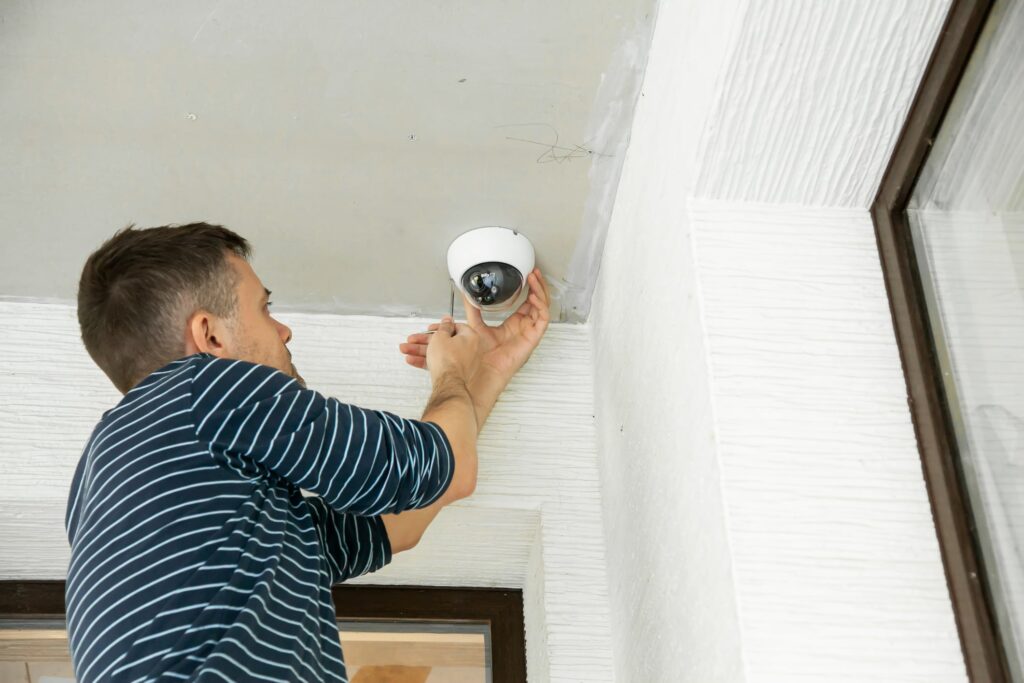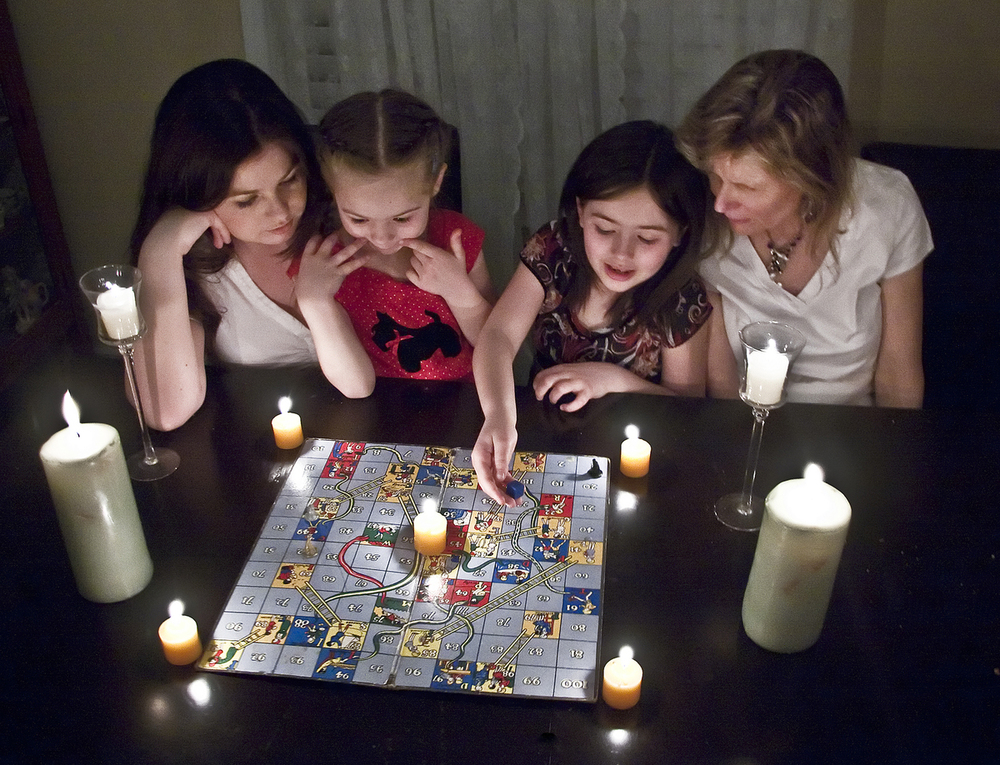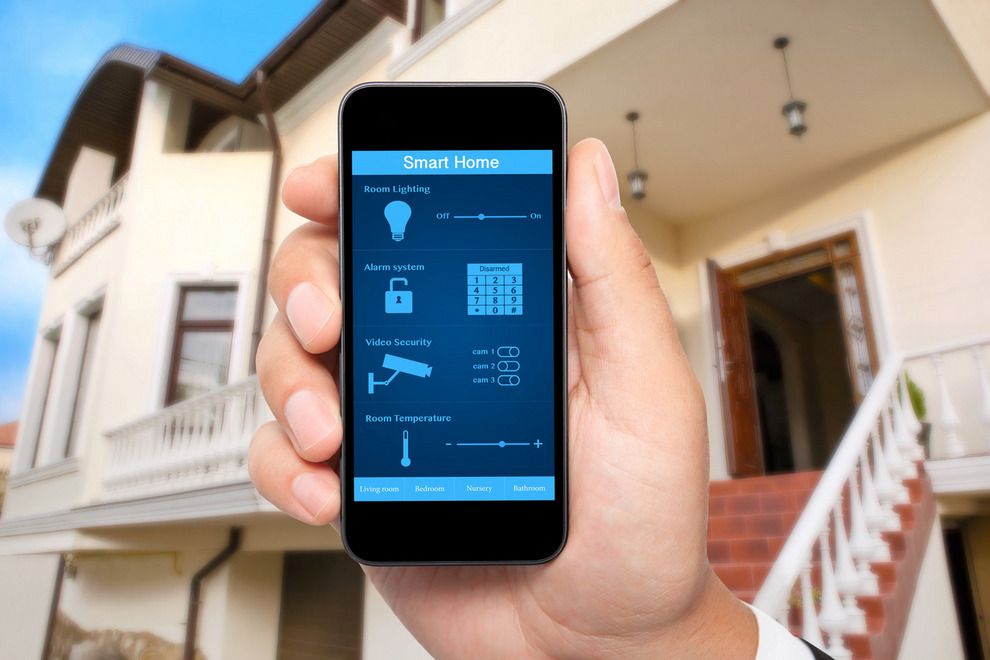DIY vs. Professional Installation: What’s Best for Your Security System?
When it comes to protecting your home and loved ones, installing a security system is a smart investment. However, one of the biggest decisions you’ll face is whether to opt for a DIY installation or hire a professional. Both approaches have their pros and cons, and the best choice for you will depend on your specific needs, skills, and budget. In this blog post, we’ll explore the key factors to consider when deciding between a DIY and professional installation for your security system.

Content
Understanding the Basics of Security Systems
Before we dive into the comparison, let’s briefly discuss the components of a typical security system:
- Control panel: The brain of the system, which communicates with all the other components
- Sensors: Devices that detect intrusion, such as door and window sensors, motion detectors, and glass break sensors
- Cameras: Provide visual surveillance and can be monitored remotely
- Alarms: Audible and/or visual alerts that signal when the system is triggered
- Monitoring: Professional services that keep an eye on your system and alert authorities in case of an emergency
A well-designed security system, like a Dallas security system, should include a combination of these elements tailored to your specific property and needs.
DIY Installation: Pros and Cons
DIY security system installation has gained popularity in recent years thanks to the availability of user-friendly wireless systems. Here are some advantages and disadvantages of going the DIY route:
Pros:
- A. Lower upfront costs, as you avoid professional installation fees
- B. Flexibility to customize and expand the system as needed
- C. Satisfaction of learning a new skill and having full control over your system
- D. Easier to relocate the system if you move to a new home
Cons:
- Requires time, effort, and technical knowledge to set up and configure the system properly
- Potential for incorrect installation, leading to reduced effectiveness or false alarms
- Limited access to professional monitoring services and customer support
- It may not be suitable for complex or large properties with specific security needs
If you’re tech-savvy, have a simple property, and are willing to put in the time and effort to learn about your system, DIY installation can be a cost-effective and rewarding option.
Professional Installation: Pros and Cons
Professional installation involves hiring a trained and certified technician to design, install, and configure your security system. Here are the main pros and cons of this approach:
Pros:
- Expert assessment of your property’s security needs and tailored system design
- Proper installation and configuration, ensuring optimal performance and reliability
- Access to advanced features and integration with home automation systems
- Ongoing customer support, maintenance, and upgrades
- Potential discounts on homeowners insurance for professionally installed systems
Cons:
- Higher upfront costs due to professional installation fees
- Less flexibility to customize or modify the system yourself
- Potential for longer installation times, depending on the complexity of the system and the technician’s schedule
- Possible long-term contracts and monthly fees for monitoring services
If you have a larger or more complex property, limited technical knowledge, or simply want the peace of mind that comes with a professionally installed system, hiring an expert may be the best choice.
Factors to Consider When Making Your Decision
When deciding between DIY and professional installation for your security system, consider the following factors:
- Budget: Assess your upfront and long-term costs, including equipment, installation fees, and monitoring services.
- Property size and complexity: Determine if your home’s layout and security needs are suitable for a DIY approach or require professional expertise.
- Technical skills: Evaluate your comfort level with technology and your ability to install and maintain the system yourself.
- Time and effort: Consider the time you’re willing to invest in researching, installing, and configuring your system.
- Monitoring and support: Decide if you want professional monitoring and ongoing customer support or if you’re comfortable self-monitoring your system.
By weighing these factors carefully, you’ll be better equipped to make an informed decision that meets your specific needs and preferences.
Conclusion
Ultimately, the choice between DIY and professional installation for your security system depends on your unique situation. Whether you opt for a DIY approach to save on costs and enjoy greater flexibility or choose professional installation for expert guidance and ongoing support, the most important thing is that you invest in a reliable security system to protect your home and loved ones. By carefully considering your needs, skills, and budget, you’ll be able to make the best decision for your family’s safety and peace of mind.

Donna is your friend in the know. Her blog is a treasure trove of insightful tidbits on a wide range of topics. From wellness to technology, she’s your source for staying informed and inspired.




